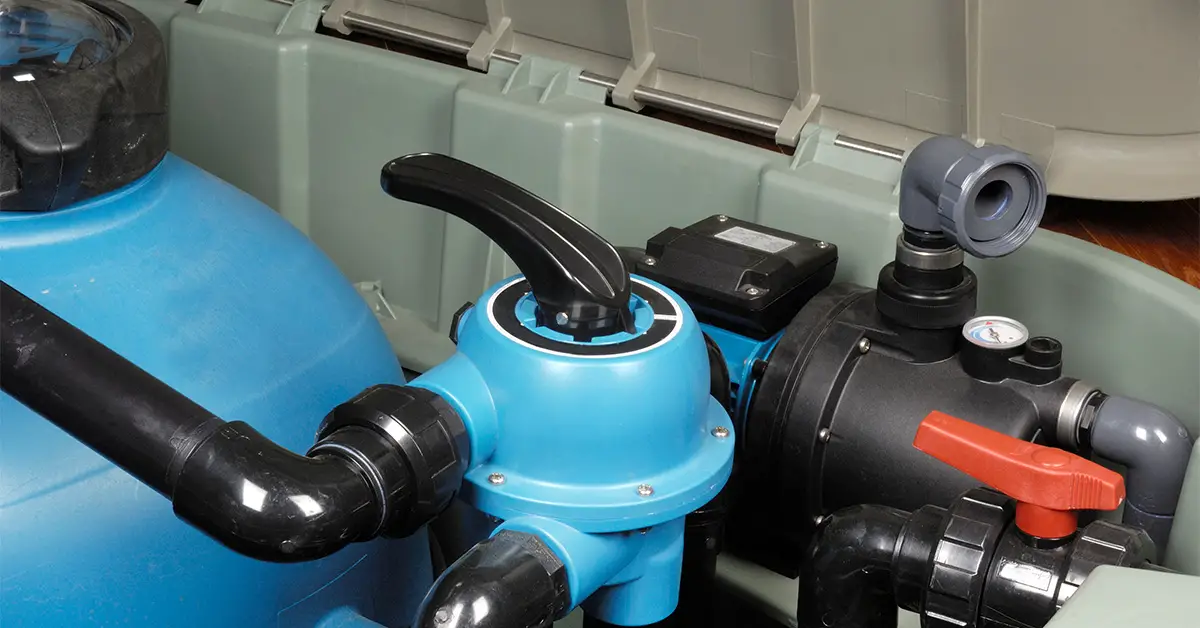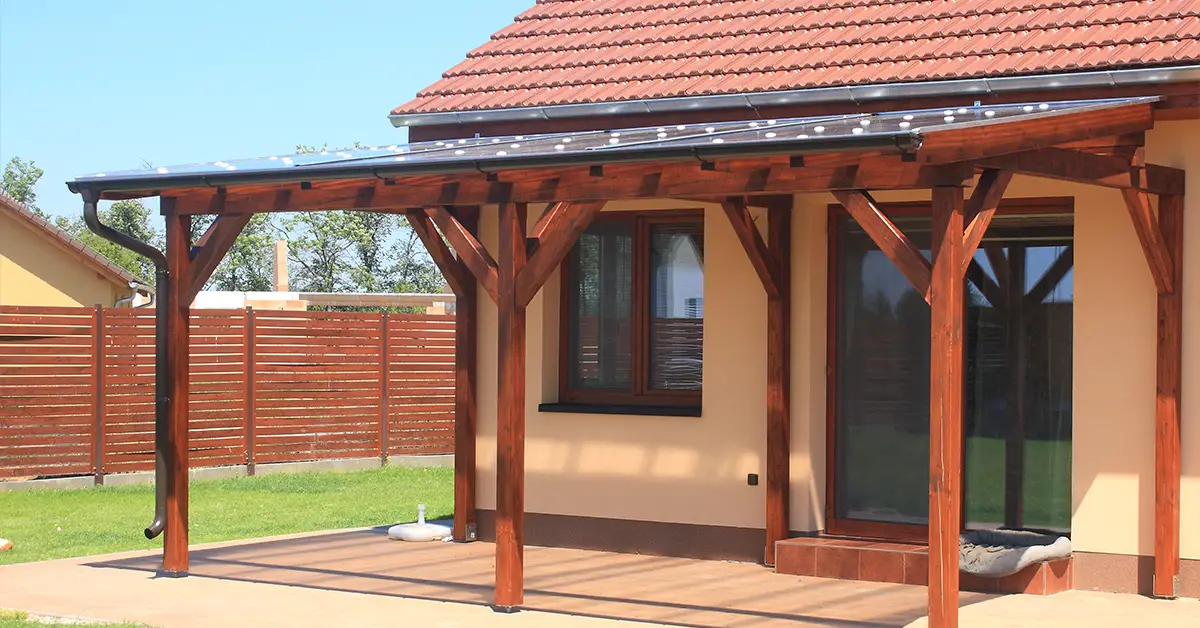Aluminum foil has been an important kitchen item for a long time. Whether you are baking cookies, fries, or anything else, you would like to have the food on the foil and throw it into the oven until it’s done. While it’s comparatively expensive, the convenience factor makes up for that. However, what aluminum foil in the oven should be perfect?
A standard aluminum foil can go well in the oven when it comes to wrapping lighter food items and heating them. But if you are planning to cook a large chunk of meat, heavy-duty aluminum foil is what you may need.
Table of Contents
What you should know about your aluminum foil:
There is no denying that aluminum foil is the popular choice for people who love baking potatoes, grilling briskets, broiling fishes, or even roasting turkeys. The results are perfect and the food gets everything that makes it delicious. In short, using aluminum foil can impact your overall cooking.
Hence, one is for sure that you can use aluminum foil in your oven. However, it is good to know about the implications of using aluminum foil. Besides, you should keep in mind not to use aluminum foil to catch drips and spills at the oven’s bottom. That’s because the quality of baking gets altered and damages the device over time.
Aluminum foil is the direct result of an aluminum slab getting reduced through metallic rollers. However, the thickness of the final product depends on where it should be used. In general, the aluminum foils that are meant for household use are manufactured keeping two different thicknesses in mind.
Standard or thin aluminum foil
This kind of aluminum foil is rolled into thickness between 0.0011 and 0.0018 cm. That way, it makes the foil perfect for wrapping lighter food items. And, you can use it during gentle heating and cooling applications.
For instance, people use the standard or thin aluminum foil when they wrap the leftover food for refrigerating. Or, when cooking small pieces of salmon inside a pouch made with aluminum foil.
But the standard aluminum foil can under-perform or even break when you use it to wrap heavy food items and use it on the oven. Moreover, it can tear apart when exposed to intense freezing. In short, you can use the thin aluminum foil for lighter applications.
Heavy or thick aluminum foil
This kind of aluminum foil is rolled from an aluminum slab until it reaches a thickness between 0.02 and 0.04 cm. As a result, it has superior strength compared to the standard one. Also, the tolerance level of this type of foil is greater.
The heavy aluminum foil is the right choice for wrapping heavy food items and using them in the oven. Moreover, it is equally efficient when it comes to cooling applications and it performs better compared to the thin foil. For example, you can wrap heavy pieces of meat such as barbequing and so on.
Moreover, the thick aluminum foil comes in handy when it is about freezing poultry meat. And the foil does that without issues. Some of the other heavy-duty applications include campfire grilling, broiling, grilling, or roasting.
For both standard and heavy-duty aluminum foil, they should be coated with some sort of release agent on one side of the foil to impart non-sticky properties on the food and the oven. This coating helps to prevent the baked food items from sticking to their surfaces. Hence, the foils should be coated with shortening.
What is the difference between standard and heavy-duty aluminum foil?
Aluminum foil, both standard and heavy-duty is made from the same material. However, there is a key difference, which is the thickness of the aluminum foil. And, the difference matters most when it comes to cooking. Because the standard foil has less thickness compared to the other one, it won’t stand up to weighty items that require high heat.
Any kind of aluminum foil is considered a normal aluminum foil. Apart from being thinner, it is less expensive as well. Standard aluminum foil works great for casual kitchen use such as wrapping sandwiches, storing food in the refrigerator, or even lining baking sheets.
However, this kind of foil doesn’t hold up well when it is about cooking on the grill with heavy food and high heat. This is where normal foil tends to break, rip, or tear apart. On the other hand, the heavy-duty foil is sturdier compared to the other type. It is hard enough to absorb high-heat and heavy food items.
Also, you can store food for a longer period in the freezer as well. To summarize, a heavy-duty aluminum foil can perform like a normal foil. But the standard foil has its limitations. You can use the heavy-duty foil for preparing food in the oven. Whereas, the standard foil is for basic stuff.
Do you always need heavy-duty aluminum foil?
You don’t have to keep a heavy-duty aluminum foil close at hand when you are cooking food in the oven that requires extra strength. You may be surprised to know that you can get away with most of the cooking by using the standard aluminum foil.
In short, most of the time, a normal aluminum foil will do the trick for you. Still, there are instances where you need a heavy-duty foil to make better food. But, what about a double-layer foil by merging two standard foils? Will they work?
A double layer of standard aluminum foil is stronger compared to a single layer of heavy-duty aluminum foil. In most cases, a standard foil is enough to get away with. However, if you need the extra width, you may need the heavy-duty foil. You need one when covering a roasting pan that has a bigger width.
What is the thickness of aluminum foil available on the market?
Aluminum foils come in a variety of lengths, widths, and thicknesses. But the thickness of the foil isn’t advertised most of the time. However, manufacturers use terms such as standard, heavy-duty, and sometimes extra heavy-duty aluminum foil. Hence, finding the real thickness of an aluminum foil on the box or even from their official website is hard.
Understanding how a foil is measured will lead you to know its thickness. Manufacturers tend to measure the thickness of a foil in Mils. So, one Mil is equal to one-thousandth of one inch. Numerically, 1 Mil is 0.001.
- Standard aluminum foil – Most of the aluminum foil that you find around are intended for home and commercial use. Also, they are considered economical foil. So, the standard foils are between 75 and 250 feet long and have a variety of widths. And, most of them have a thickness between 0.0004 and 0.0007.
Many people prefer to have a thin foil for a variety of applications for both commercial and home use. Besides, most of the standard foils are more affordable compared to the other variants. However, some people don’t prefer the thin foil because of easy burning and tearing when baking heavy food.
- Heavy-duty aluminum foil – Another common aluminum foil that you can find in commercial and home use. As you know, heavy-duty foil provides you with extra strength. In short, they have better tear resistance compared to the normal ones. Most home users tend to buy the 75 feet long foil roll.
And, most cooks use it for storage, grilling, and baking. Also, most of the aluminum foils that are labeled heavy-duty have a thickness between 0.0008 and 0.001. It makes a great difference when it is about cooking weighty food items at high heat.
- Extra heavy-duty aluminum foil – As the name suggests, this type has a thickness that is hard to find. However, some manufacturers produce extra heavy-duty foil. The excellent tear resistance that the foil offers is outstanding.
And, it can do everything that standard and heavy-duty foils can do. Most of the extra heavy-duty aluminum foil comes with a thickness between 0.0011 and 0.0016. Furthermore, finding this type of aluminum foil is hard and it requires a custom order.
What are the important properties of aluminum foil?
Boosted with a variety of mechanical and physical properties, aluminum foil has the following properties.
- Thermal conductivity – Because aluminum foil conducts thermal heat, it can speed up cooking times and helps promote an even cooking
- Excellent barrier – Aluminum foil has an effective barrier against moisture, air, light, and different kinds of micro-organisms. As such, you can use it to wrap food for long-term storage. Also, it prevents the food from bacteria and moisture transmission
- Amazing heat tolerance abilities – As you know, aluminum foil can resist a varying temperature with ease. It means you don’t have to worry about being too hot or too cold. And, there are no risks of burning, melting, breaking, or even cracking.
- Reflective properties – Aluminum foil can reflect about 98% of heat. That way, it helps to preserve the temperature of food for many hours.
- Hygiene – Because aluminum foil is sterile, it doesn’t support the growth of bacteria
- Great folding abilities – Food wrapped in aluminum foil doesn’t spring back. As such, it makes preparation and storage easy and fast without the need for an extra seal







